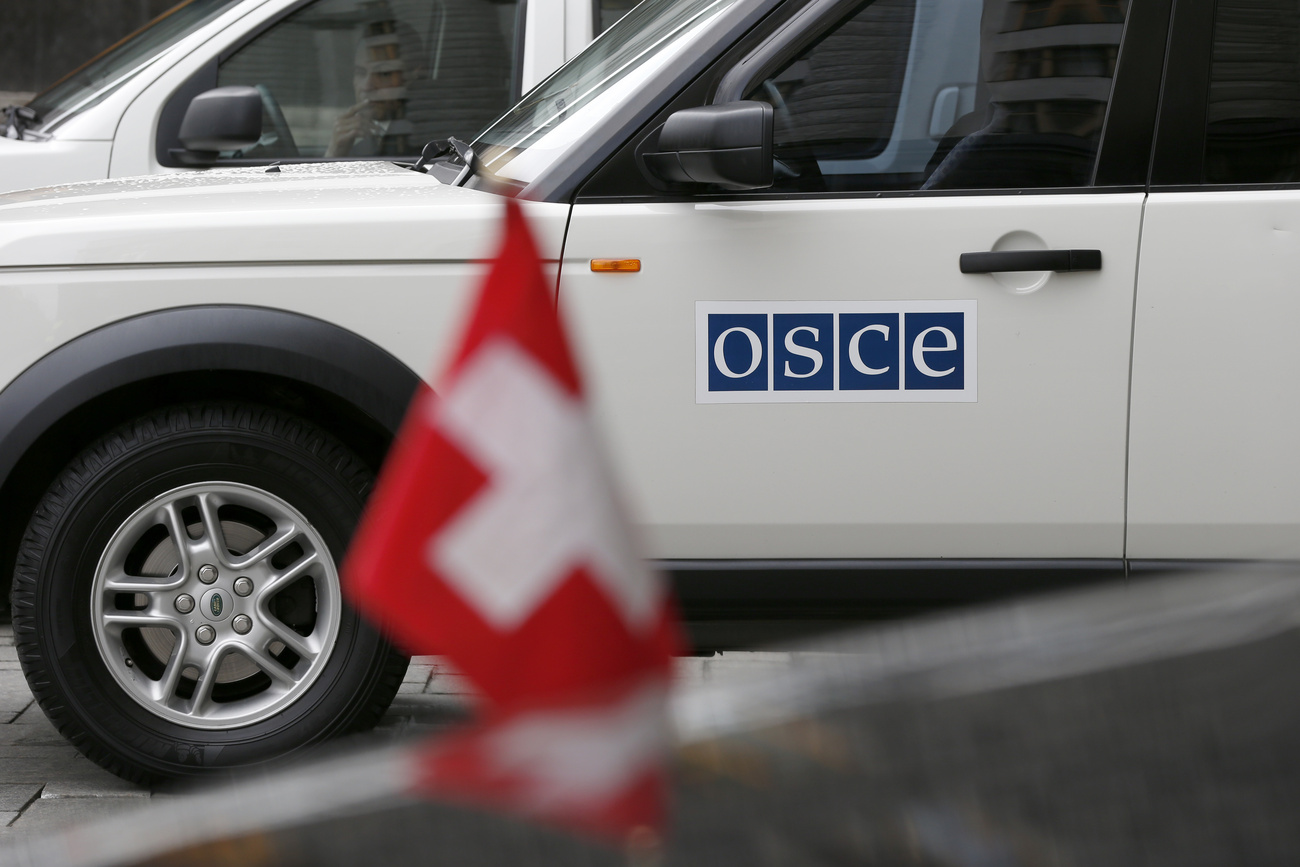
Study reveals levels of age discrimination in Swiss workplace

Older workers continue to face discrimination in the workplace in Switzerland. According to a study published on Thursday by the employment firm von Rundstedt, three-quarters of human resources managers acknowledge the existence of age discrimination in Swiss companies.
+Get the most important news from Switzerland in your inbox
According to the studyExternal link, older workers remain clearly disadvantaged in the job market. Despite the shortage of skilled workers, 77% of respondents reported age discrimination. However, more than half (54%) believe that individual behaviour also plays a role, while 46% believe that even the most motivated and proactive older employees have few career prospects.
Anne Donou, director of von Rundstedt’s French-speaking Switzerland office, notes a striking contradiction between firms’ stated intentions and the reality at work.

More
Over-55s account for less than 10% of new hires in Switzerland
“We see their added value, we recognise their added value. We also know the criteria and skills they bring. But when it comes to pressing the button or signing the contract, we don’t go there,” she told Swiss public radio RTS on Friday.
‘A lot of bias’
According to Donou, this reluctance to employ older workers is explained primarily by psychological barriers.
“There are a lot of biases, conscious or unconscious. This generation has been stigmatised as not agile, not flexible, not digital. And indeed, in the periods of profound digital transformation that we are currently experiencing, people prefer a younger person, thinking that things will go faster,” she told RTS.
Translated from French by DeepL/sb
We select the most relevant news for an international audience and use automatic translation tools to translate them into English. A journalist then reviews the translation for clarity and accuracy before publication.
Providing you with automatically translated news gives us the time to write more in-depth articles. The news stories we select have been written and carefully fact-checked by an external editorial team from news agencies such as Bloomberg or Keystone.
If you have any questions about how we work, write to us at english@swissinfo.ch

In compliance with the JTI standards
More: SWI swissinfo.ch certified by the Journalism Trust Initiative




























You can find an overview of ongoing debates with our journalists here . Please join us!
If you want to start a conversation about a topic raised in this article or want to report factual errors, email us at english@swissinfo.ch.